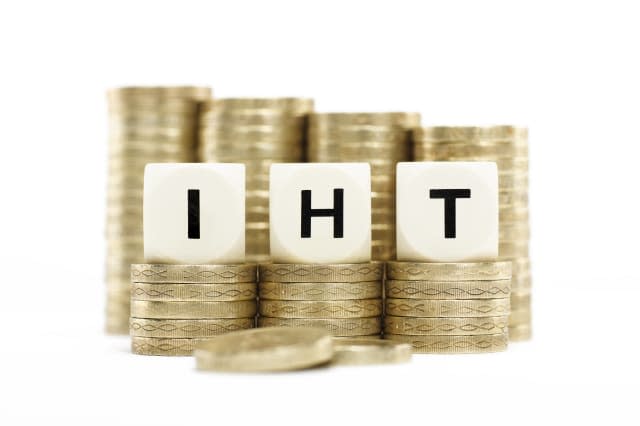Huge inheritance tax sting hits bereaved families

The taxman has revealed that the amount of inheritance tax it has coined in from bereaved families has risen almost 23% in the first three months of this year. The latest figures show more than £2 billion has been taken from people's estates since March. The experts say this is likely to be because the taxman is looking more closely at the arrangements people have made for their death, finding mistakes, and reaping the benefits.
See also: Are you ready for the summer tax deadline?
See also: What can you do about an unfair will?
Sean McCann, a chartered financial planner at NFU Mutual said that usually when tax receipts rise like this, it's because of a surge in house prices. Given the lacklustre performance of the property market at the moment, however, the change is due to something else. "It's clear that the taxman is cracking down hard on inheritance tax by looking more closely at people's estates and challenging claims for reliefs," he says.
He points out that: "Inheritance tax is one of the more complex taxes and there are plenty of traps to fall foul of – as many families appear be finding out. The extra scrutiny from tax officials means those who haven't taken professional advice or planned early could be caught out. This could have a catastrophic effect on family wealth."
With the taxman looking closely, and keen to sting bereaved families who fall foul of the rules, it's worth considering your own arrangements, and whether they leave you at risk after your death.
3 Common mistakes
There are a number of things that can catch families out, so it's worth checking your arrangements so that you don't fall foul of these three common pitfalls.
1. Not giving things away soon enough
Often people try to give things away before they die, so they are no longer part of their estate when it comes to calculate the tax due. There are certain gifts that count as being outside of your estate immediately: you can give £3,000 a year away to anyone (you can carry over last year's allowance if you didn't use it too). You can also give any gifts of less than £250, and wedding gifts (of £5,000 or less to a child, £2,500 or less to a grandchild or £1,000 to anyone else). You can also give gifts to help certain people with living costs, and any gifts from surplus income.
However, anything except these exemptions doesn't actually count as being outside your estate unless you live for seven years after giving the gift. If you die before this, it will be brought back in when calculating the tax to pay,
2. Not giving things away properly
Typically this happens with the family home: the family may agree for you to give the house away, but continue to live in it. Unfortunately this is counted as a 'gift with reservation'. If you continue to benefit from something, the taxman assumes you haven't given it away at all, so it is included in your estate.
3. Not making a will after getting married/divorced
If you get married or divorced later in life, any existing will is nullified, so if you die, you will count as having done so 'intestate'. This means your estate will be divided according to strict rules, and any plans you made to mitigate inheritance tax will be undone.















